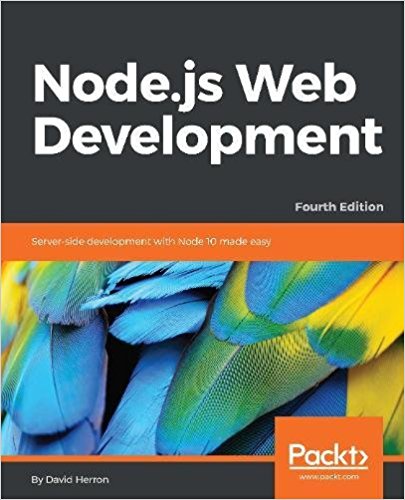; Date: Wed Jan 15 2014
Tags: Internet Law »»»» Internet Policy »»»» Net Neutrality »»»»
This week a federal appeals court overturned the FCC's ability to ensure open access to all websites. The details of what this means may get lost in the translation, but the image on the right encapsulates the problem very well. Now, with this ruling, Internet Service Providers will be able to block websites on a case-by-case basis for purely business reasons, and will be able to create a menu of addon "services" that we now enjoy for free.

Until now the FCC's Open Internet rules meant ISP's had to to treat all traffic equally. In other words, ISP's couldn't make one site run slow and another one run fast, or block them.
The problem is that the FCC's Open Internet rules didn't get based on solid legal footing, and the appeals court in the case of Verizon vs. FCC ruled that the FCC didn't have the legal power to make or enforce such rules.
The judge the FCC should have some authority to regulate ISP's, even while eliminating the FCC's rules enabling them to do so.
Judge David Tatel said this had the chance to negatively impact consumers: "The commission has adequately supported and explained its conclusion that absent rules such as those set forth in the Open Internet Order, broadband providers represent a threat to internet openness and could act in ways that would ultimately inhibit the speed and extent of future broadband deployment."
FCC chair Tom Wheeler said that the agency would continue the fight, though it's not clear exactly how. "I am committed to maintaining our networks as engines for economic growth, test beds for innovative services and products, and channels for all forms of speech protected by the First Amendment. We will consider all available options, including those for appeal, to ensure that these networks on which the Internet depends continue to provide a free and open platform for innovation and expression, and operate in the interest of all Americans."
Verizon's
response to the decision tries to make it look all okay.
Earlier today, the D.C. Circuit issued its much-anticipated decision in Verizon v. FCC. The court rejected Verizon’s position that Congress did not give the FCC jurisdiction over broadband access. At the same time, the court found that the FCC could not impose last century’s common carriage requirements on the Internet, and struck down rules that limited the ability of broadband providers to offer new and innovative services to their customers. The Court upheld the Commission’s disclosure rules.
One thing is for sure: today’s decision will not change consumers’ ability to access and use the Internet as they do now. The court’s decision will allow more room for innovation, and consumers will have more choices to determine for themselves how they access and experience the Internet. Verizon has been and remains committed to the open Internet that provides consumers with competitive choices and unblocked access to lawful websites and content when, where, and how they want. This will not change in light of the court’s decision.
We look forward to working with the FCC and Congress to keep the Internet a hub of innovation without the need for unnecessary new regulations that seek to manage the explosive dynamism of the Internet.
Media watchdog and advocacy agency Free Press released the following statement about the decision via President and CEO Craig Aaron, condemning it while also acknowledging that the Open Internet Order probably wasn’t the best possible solution for enforcing net neutrality:
We’re disappointed that the court came to this conclusion. Its ruling means that Internet users will be pitted against the biggest phone and cable companies — and in the absence of any oversight, these companies can now block and discriminate against their customers’ communications at will.
The compromised Open Internet Order struck down today left much to be desired, but it was a step toward maintaining Internet users’ freedom to go where they wanted, when they wanted, and communicate freely online. Now, just as Verizon promised it would in court, the biggest broadband providers will race to turn the open and vibrant Web into something that looks like cable TV. They’ll establish fast lanes for the few giant companies that can afford to pay exorbitant tolls and reserve the slow lanes for everyone else.
The FCC — under the leadership of former Chairman Julius Genachowski — made a grave mistake when it failed to ground its open Internet rules on solid legal footing. Internet users will pay dearly for the previous chairman’s lack of political will. That’s why we need to fix the problems the agency could have avoided in the first place.
New FCC Chairman Tom Wheeler recently stated that the FCC must have the ability to protect broadband users and preserve the Internet’s fundamental open architecture. In order to do that, he must act quickly to restore reassert the FCC’s clear authority over our nation’s communications infrastructure. The agency must follow its statutory mandate to make broadband communications networks open, accessible, reliable and affordable for everyone.
We look forward to working with Chairman Wheeler and the rest of the Commission to protect and preserve real Net Neutrality.











